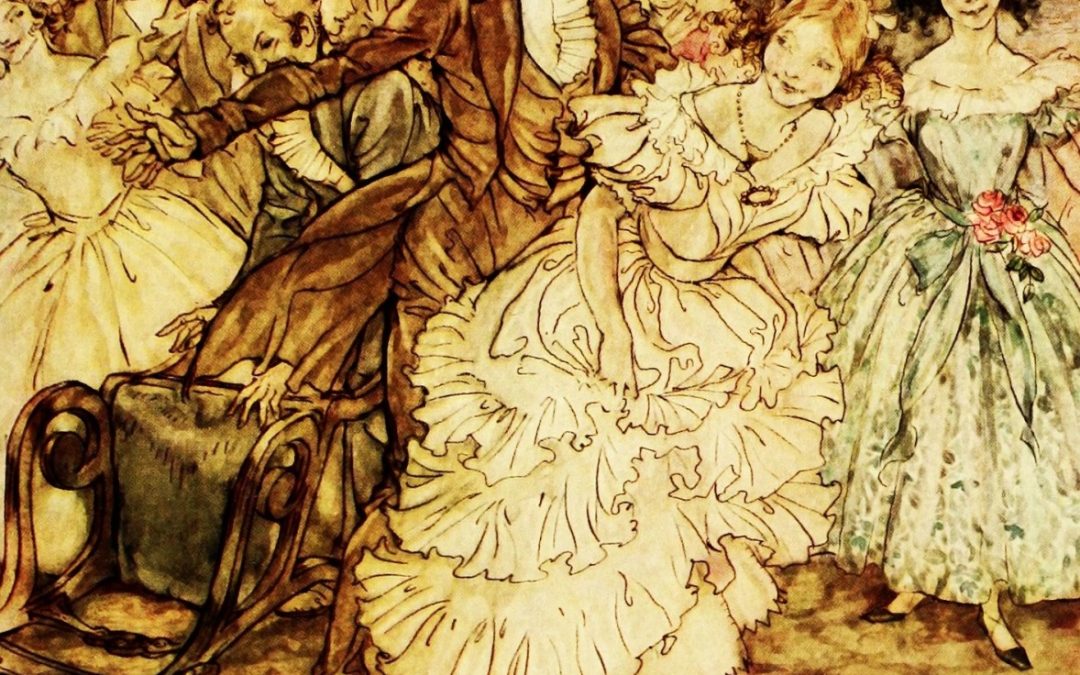
by Richard Subber | Apr 20, 2023 | Human Nature, Theater and play reviews
feeling truly happy…
Movie review:
Good Will Hunting
1997
Rating R
126 minutes
Starring Robin Williams, Matt Damon, Ben Affleck, Minnie Driver
There are several plot lines in Good Will Hunting, and of course you know about this one: genius janitor solves math problems on blackboard at night and also has fist fights in bars because his life is out of control.
Good Will Hunting is about a lot more than the action in Boston, and the friendships of Southie boys who support each other in a nether world of poverty.
Good Will Hunting is a revelation of what love is all about. Sean (Robin Williams) steers his therapy sessions with Will (Matt Damon) through ever more confessional truths about his own love for his dead wife, and challenges Will to engage with Skylar (Minnie Driver) because she can be part of his good life.
The gotcha scene is Sean and Will on the park bench: in a longish monologue, Sean says to Will “you can’t tell me what it feels like to wake up next to a woman, and feel truly happy,” and Will admits his longing with silence.
* * * * * *
Movie review. Copyright © Richard Carl Subber 2023 All rights reserved.
Home Team: Poems About Baseball (book review)
Edwin Romond hits another homer…
–
As with another eye: Poems of exactitude with 55 free verse and haiku poems,
and the rest of my poetry books are for sale on Amazon (paperback and Kindle)
and free in Kindle Unlimited, search Amazon for “Richard Carl Subber”
* * * * * *

by Richard Subber | Apr 11, 2023 | Book reviews, Books, Reviews of other poets
Were you thinking “Goose grease”?
Book review:
American Poetry Observed: Poets on Their Work
Joe David Bellamy, ed.
Urbana, IL: University of Illinois Press, 1988
313 pages
The idea of this book is great. It would be marvelous to listen to these 26 poets talking about their work, and talking about making poems.
Bellamy has collected interviews with 26 poets, including a couple of my favorites: May Sarton and Galway Kinnell.
It’s no fault of the editor that American Poetry Observed is a lot of ponderous and hard-to-digest rumination about the meanings of poetry, the roles of influential poets, and what was on the minds of the interviewees when they were writing their poems. I don’t blame the poets too much, because they were responding to the interviewers’ questions.
The interviewers, sadly enough, were numbingly predictable, and, too often, self-importantly well-informed about the content of the interviewees’ work.
It just doesn’t seem valuable to me to read what a poet has to say when she’s asked something like “Did you have Eliot’s conception of J. Alfred Prufrock in mind when you wrote ‘Goose grease’ in 1942?”
* * * * * *
Book review. Copyright © Richard Carl Subber 2023 All rights reserved.
Book review: Lord of the Flies
Never more relevant…
by William Golding
–
As with another eye: Poems of exactitude with 55 free verse and haiku poems,
and the rest of my poetry books are for sale on Amazon (paperback and Kindle)
and free in Kindle Unlimited, search Amazon for “Richard Carl Subber”
* * * * * *

by Richard Subber | Apr 4, 2023 | Book reviews, Books, Joys of reading, Language
enticements to lingering reverie…
Book review:
Twice-Told Tales
by Nathaniel Hawthorne (1804-1864)
London: J. M. Dent & Sons, Ltd.
First published in 1837 (first series) and 1842 (second series)
This edition first printed 1911, reprinted 1964.
357 pages.
We preserve the remnants of our youth in chambers of the brain that often are, for good or ill, inaccessible to our conscious minds.
The baubles of memory in Twice-Told Tales are potent sparks that guide us to the once-remembered moments, the enticements to lingering reverie that fills new moments with newly imagined memories that rescue us from once-remembered despair, and fill the blank spaces with second chances.
Hawthorne collected such moments of youth, such bauble treasure, in “Dr. Heidegger’s Experiment,” in the fertile and fervid desperations of four venerable friends who eagerly swallow an elixir that boosts them to a capering re-enactment of their youth—but oh, so brief, so immaterial, so ephemeral that the long glass in the room can only reflect their withered miens, and none of the hot young beauty that they see again, for precious moments, in the emboldened gazes that they share.
Hawthorne’s Twice-Told Tales include “Dr. Heidegger’s Experiment” and 38 other short stories (originally published in 1837 and 1842) showing off his evocative prose, and embracing a wide range of human emotions.
You’ll be able to find something you like.
* * * * * *
Book review. Copyright © Richard Carl Subber 2023 All rights reserved.
Book review:
The American Revolution: A History
The “Founders” actually were afraid
of “democracy”…
by Gordon S. Wood
–
As with another eye: Poems of exactitude with 55 free verse and haiku poems,
and the rest of my poetry books are for sale on Amazon (paperback and Kindle)
and free in Kindle Unlimited, search Amazon for “Richard Carl Subber”
* * * * * *


